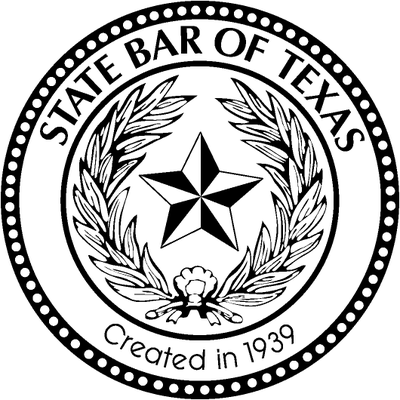Trade secrets are the kind of information that, if end up in the hands of a competitor, could spell disaster for your business. A common example is the Coca Cola recipe. Other examples include customer lists, pricing information, and business strategies.
Under Texas law, it is illegal for an employee to take this kind of information. Yet theft of trade secrets is a fairly common occurrence among departing employees—especially those leaving to start their own business—and one that can pose a significant threat to employers.
If an employer suspects a former employee has taken confidential information or trade secrets, what can it do?
The first step is to ask a court to issue an emergency order requiring the employee (1) not to use or disclose the trade secrets and (2) to return the trade secrets. What many employers do not realize is that the employer can seek these kinds of orders even if the employee is not under a non-compete agreement.
An example of this is the recent case I handled, Hughes v. Age Industries, Ltd., 04-16-00693-CV, 2017 WL 943423 (Tex. App.—San Antonio Mar. 8, 2017, no. pet. h.). In this case, an employee left his employer to start a competing business. Before doing so, he downloaded data containing trade secrets from his employer’s computer system and took hard copies of confidential information from his office. Even though he was not under a non-compete agreement, the trial court issued, and the appellate court upheld, a temporary injunction against him, ordering him not to use or disclose the employer’s trade secrets.
Bottom line for employers? Though a non-compete agreement is a good way to protect trade secrets, even without a non-compete, employers can protect their trade secrets by seeking emergency relief from the courts.









